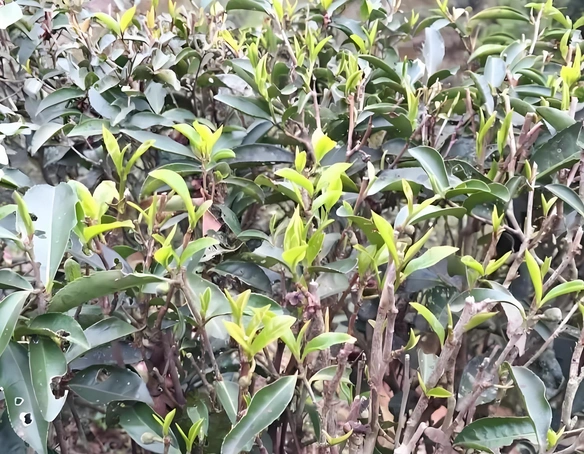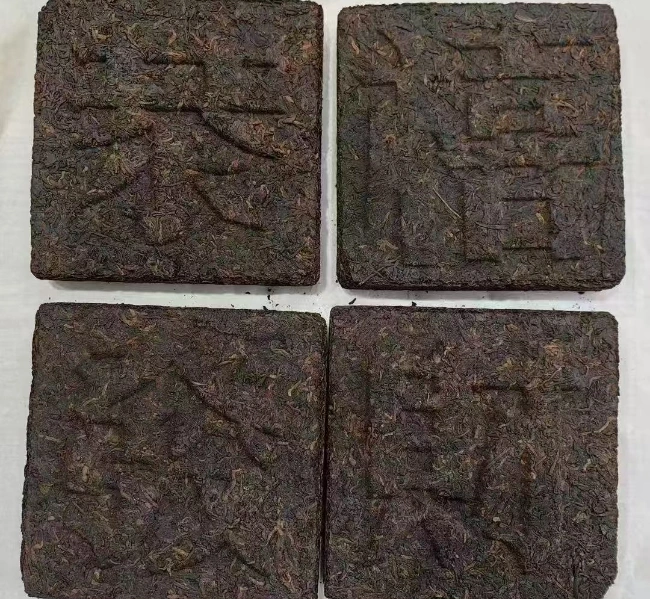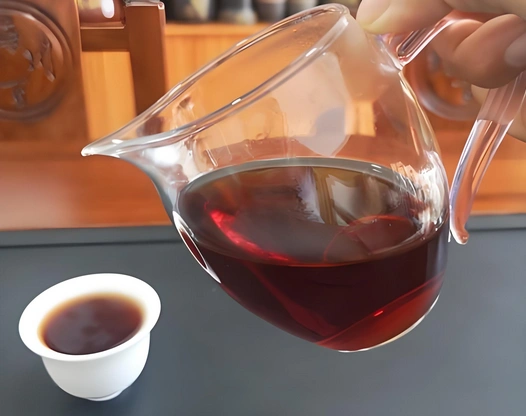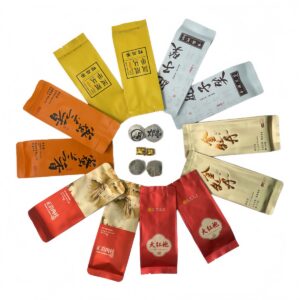Dark tea in Traditional Chinese Medicine opens a portal to centuries-old wisdom, where every sip resonates with the warm embrace of ancient tea masters. Picture yourself inhaling the deep, earthy aroma of fermented leaves—notes of aged wood, roasted nuts, and a whisper of mountain mist—before the rich liquid glides over your tongue. From this first taste, you sense the centuries of care and microbial alchemy that have turned simple tea leaves into a potent elixir.
In TCM, dark tea isn’t merely a beverage; it’s a holistic remedy renowned for supporting liver health, fortifying the heart, nurturing gut flora, and boosting immunity. This article journeys through the sensory delights and therapeutic virtues of dark tea in Traditional Chinese Medicine, revealing how this time-honored brew can harmonize mind, body, and spirit today.

The TCM Perspective on Dark Tea
Qi, Blood, and Dark Tea
In TCM, health stems from balanced Qi (vital energy) and harmonious blood circulation. Dark tea in Traditional Chinese Medicine is valued for its warming Yang properties and its ability to move Qi downward, gently unblocking stagnation. This warming quality helps invigorate digestion, quell dampness, and restore internal equilibrium—essential for overall vitality.
Flavor Profile and Organ Associations
Dark tea’s deep, mellow style—often described as sweet-mellow with a hint of smoke—corresponds to the Spleen and Stomach meridians in TCM. By strengthening these organs, dark tea promotes robust digestion and nutrient absorption, laying the foundation for healthy blood and Qi flow.
Dark Tea and Liver Health
Detoxification and Qi Smoothing
The liver in TCM governs the smooth flow of Qi and emotions. Dark tea and liver health go hand in hand: fermentation-derived polyphenols help the liver process toxins, while tea’s gentle bitterness soothes liver Qi stagnation, alleviating symptoms like irritability and menstrual discomfort.
Modern Insights
Recent studies suggest dark tea’s theabrownins protect liver cells from oxidative damage and may support healthy lipid metabolism—bridging TCM’s detox philosophy with modern science.
Dark Tea and Heart Health
Nourishing the Heart Qi
TCM teaches that the Heart houses the mind and governs blood circulation. Dark tea in Traditional Chinese Medicine benefits the heart by promoting calm Shen (spirit) and improving microcirculation. Its mild astringency and warmth support balanced blood flow, helping maintain healthy blood pressure.
Comparing Dark and Oolong Teas
While oolong tea provides a bright, floral lift ideal for daytime focus, dark tea’s deeper roast and fermentation create more robust polyphenols that sustain heart health over time. Enjoy oolong for energy, and dark tea for enduring cardiovascular nourishment.

Dark Tea for Gut Health
Balancing Dampness and Microbiome
Digestive harmony is key in TCM. Dark tea for gut health works by dispelling internal dampness—excess fluid that can cause bloating and sluggishness—and fostering beneficial gut bacteria. Its mild fermentation-derived probiotics help maintain a balanced intestinal ecosystem.
Pu Erh Tea Detox Benefits
Among dark teas, Pu Erh is celebrated for its detoxifying prowess. Regular sips aid in gentle cleansing of the digestive tract, reducing bloating and supporting overall digestive comfort.
Dark Tea for Immune Boosting
Warming Yang and Defensive Qi
In TCM, defensive Qi (Wei Qi) protects against external pathogens. Dark tea in Traditional Chinese Medicine contributes warming energy, reinforcing Wei Qi at surface levels, making it harder for pathogens to penetrate. The tea’s moderate caffeine and antioxidants help maintain alertness and resilience.
TCM Meets Modern Immunity
Polyphenols and theaflavins in dark tea exhibit antimicrobial and immunomodulatory effects in lab studies—echoing TCM’s use of dark tea to strengthen the body’s natural defenses.
Brewing and Daily Rituals
Optimal Brewing for TCM Benefits
- Water Temperature: 95–100 °C
- Leaf-to-Water Ratio: 5–7 g per 200 ml
- First Rinse: 10 s to awaken leaves
- Steeping Times:
- Morning: 2–3 min (energizing)
- Afternoon: 3–4 min (digestion support)
- Evening: 4–5 min (calming, detox)
Integrating Dark Tea into Your Day
- Morning Qi Lift: Begin with a brisk 2-minute Pu Erh infusion to wake digestion and liver function.
- Post-Meal Comfort: A 3-minute dark tea steep 30 min after lunch aids dark tea for gut health and prevents afternoon slump.
- Evening Repose: Choose a mellow fermented tea at 4–5 minutes to soothe Heart Qi and prepare your mind for restful sleep.

🔗 To learn more about how to make tea, check out Tanbiwencha’s YouTube video explaining how to make tea.
Conclusion
Dark tea in Traditional Chinese Medicine represents a bridge between ancient healing and modern wellness. From nourishing liver Qi and supporting heart health to harmonizing digestion and strengthening immunity, this deeply fermented brew offers a sensory journey that uplifts body and mind. By embracing dark tea as a daily ritual—mindfully brewed, savored, and respected—you honor centuries of TCM wisdom and cultivate holistic vitality in your modern life.



